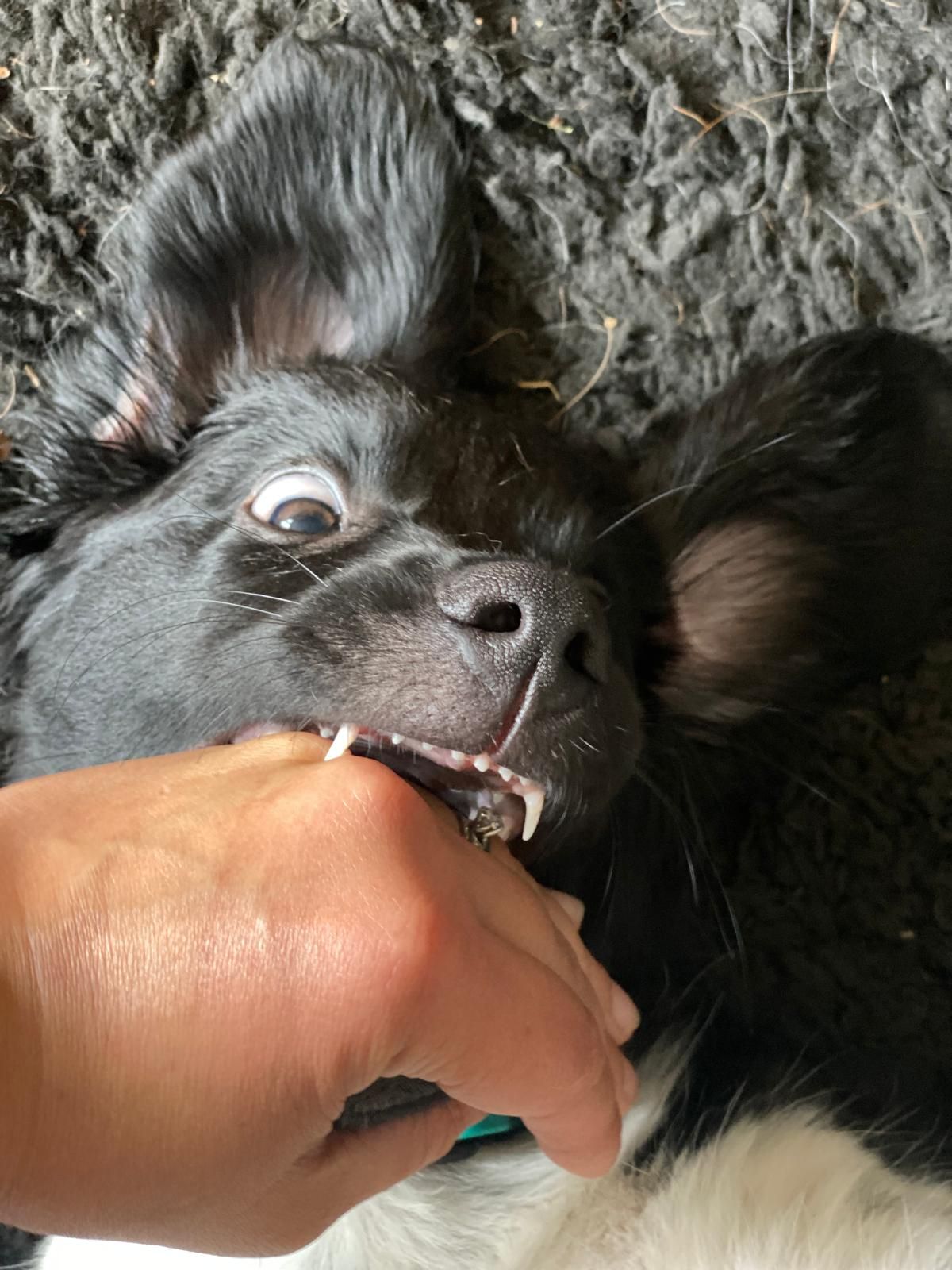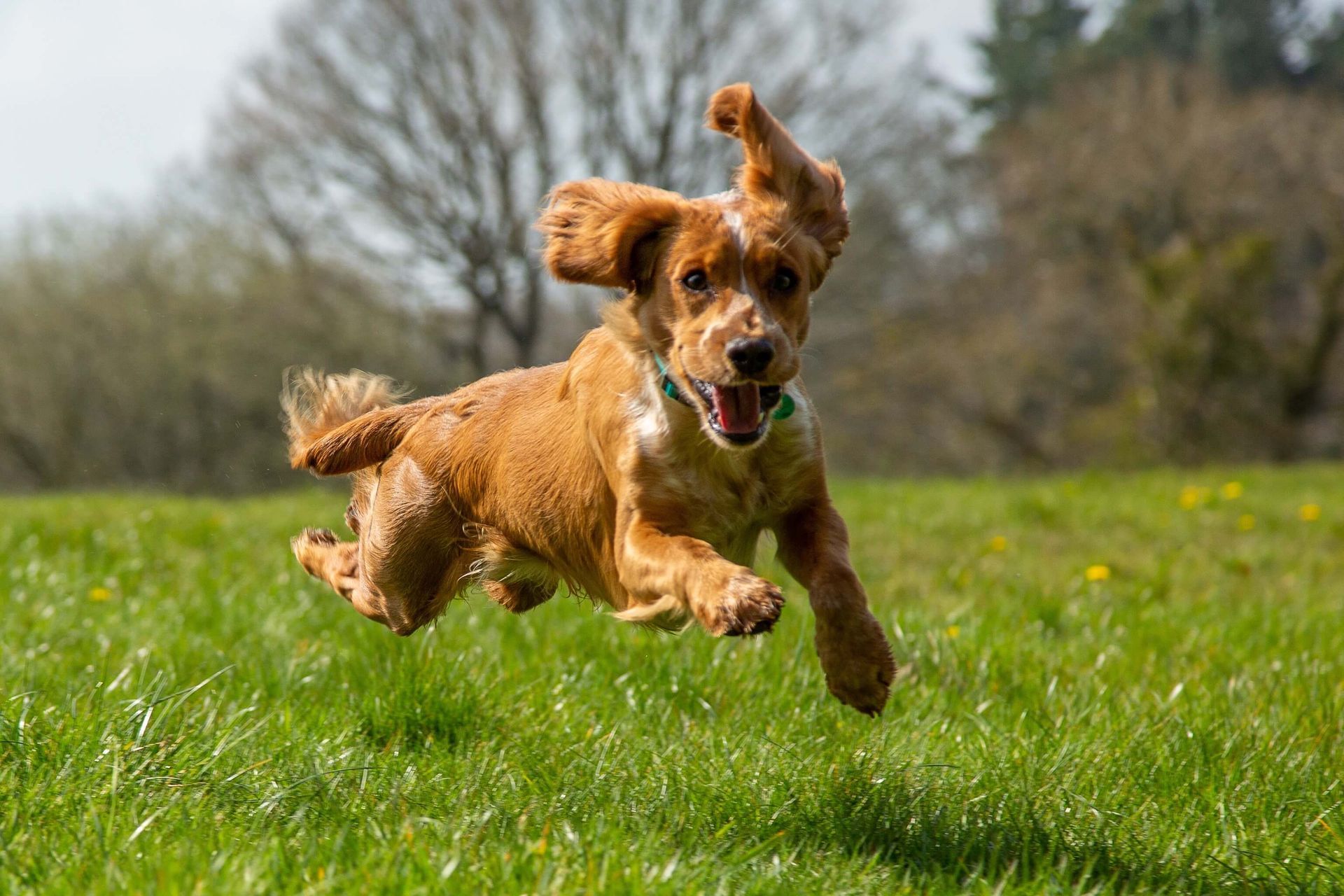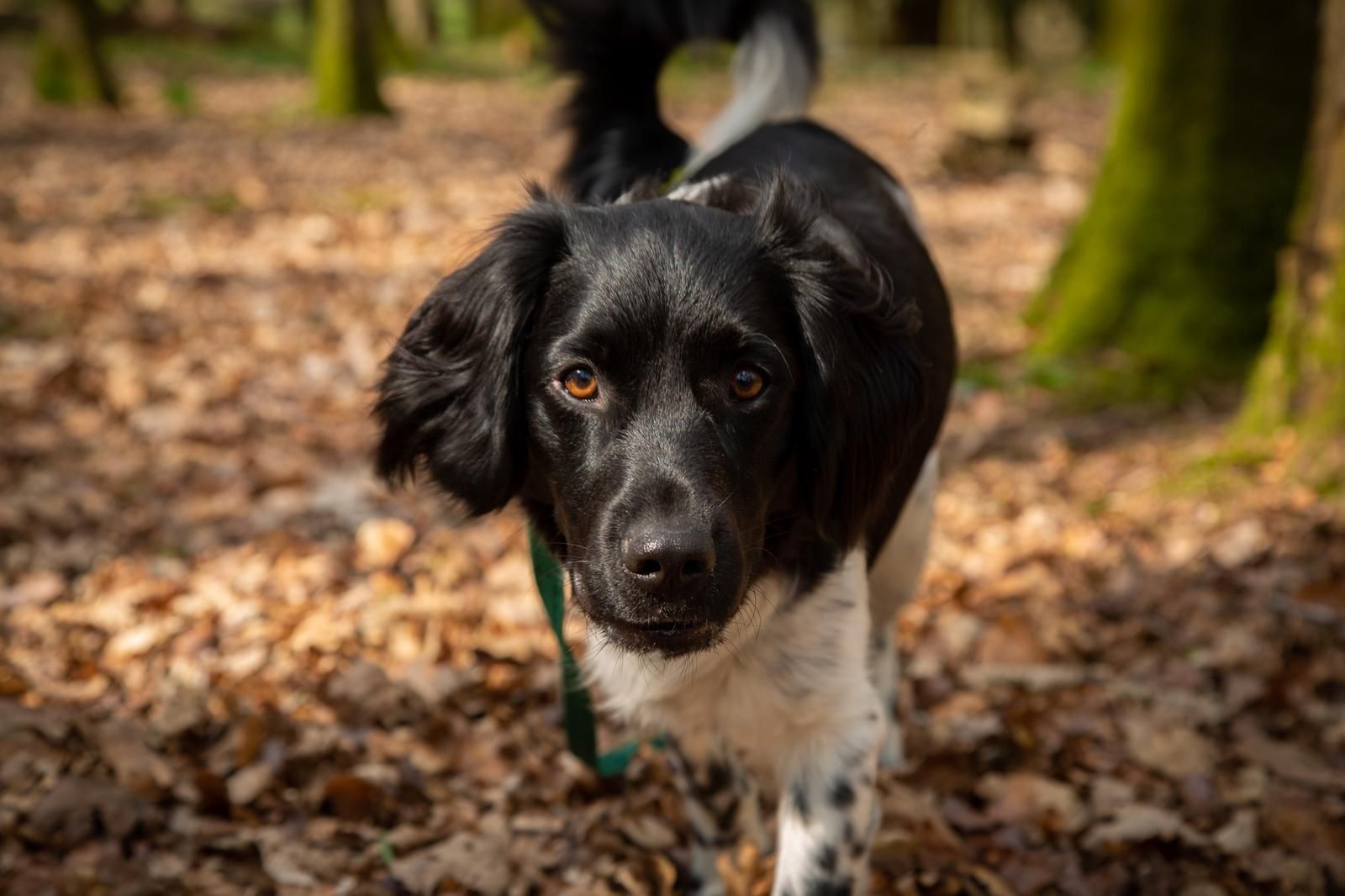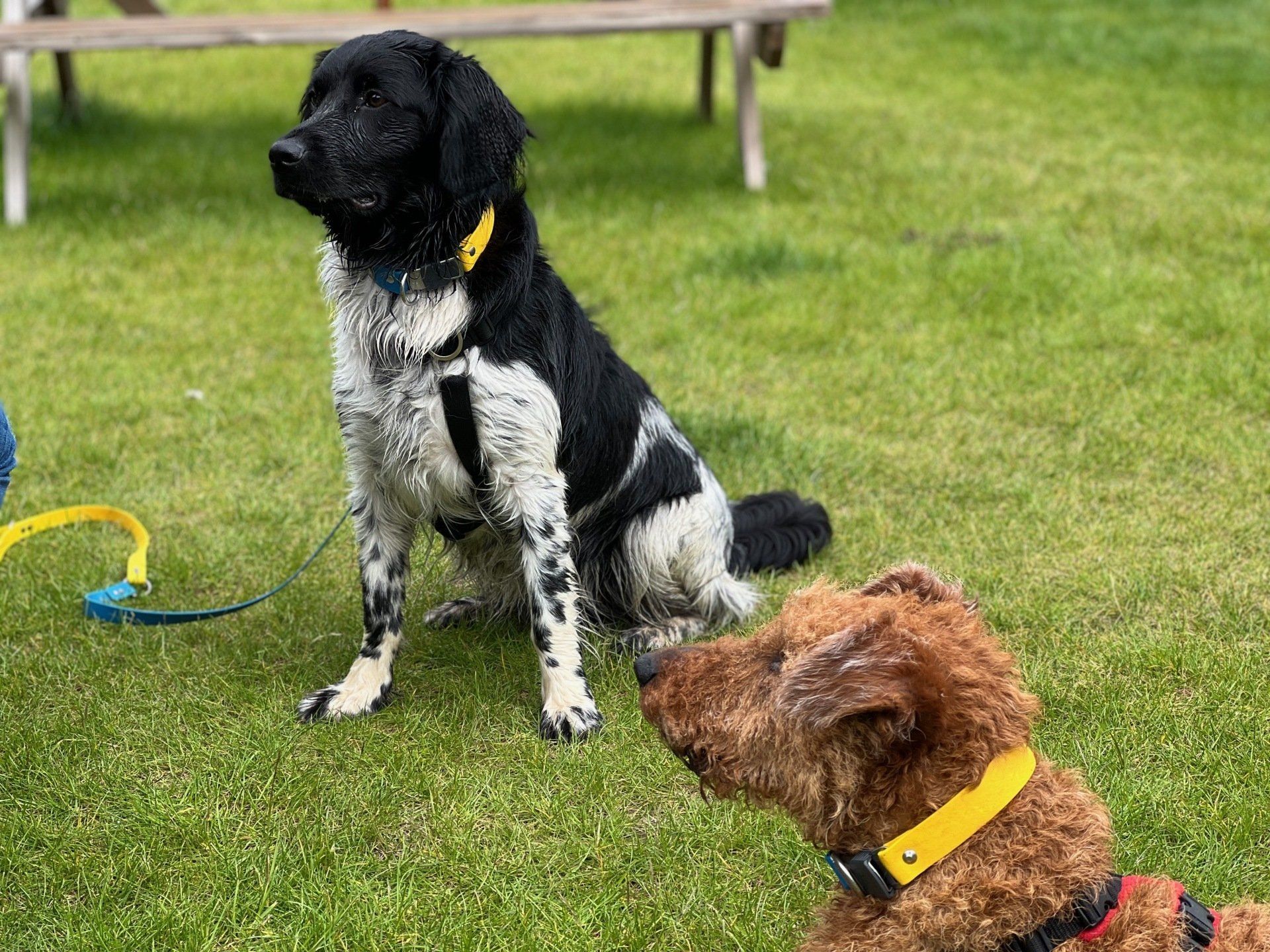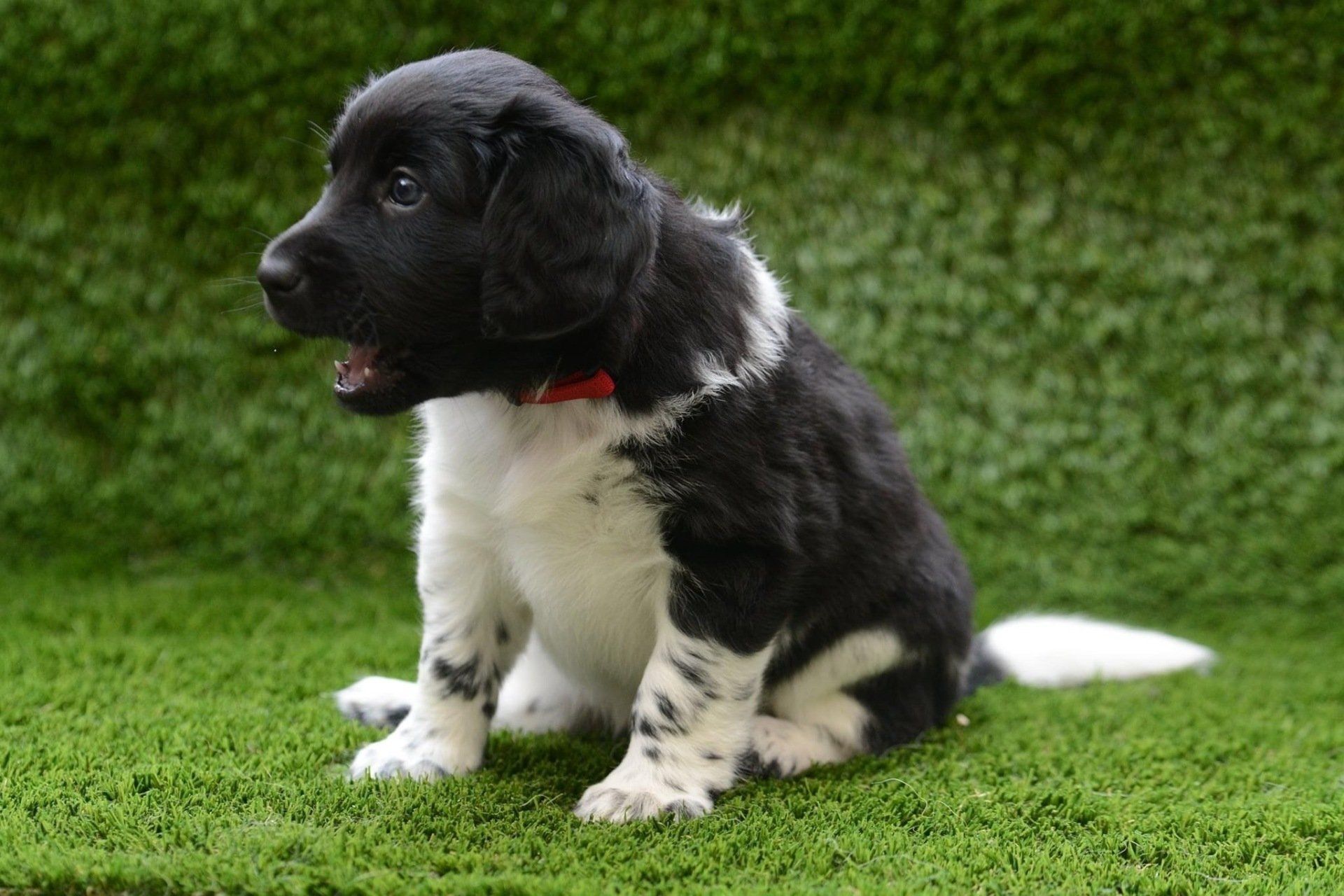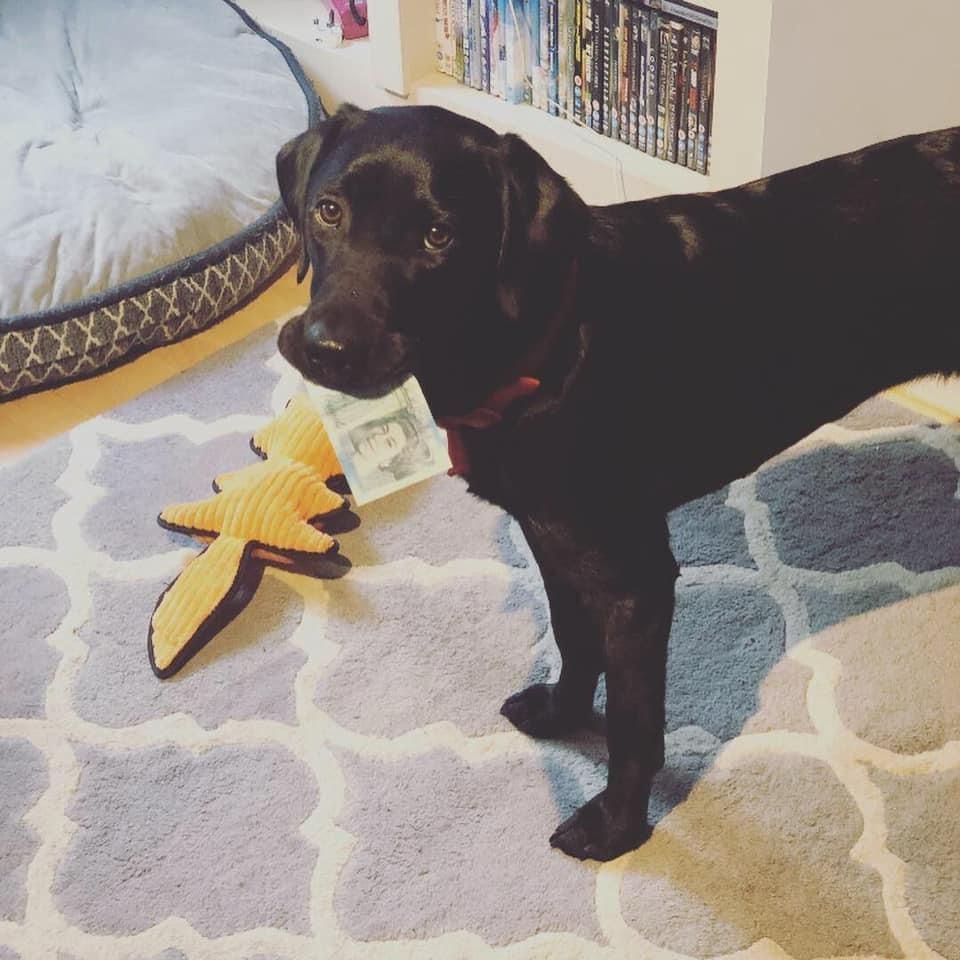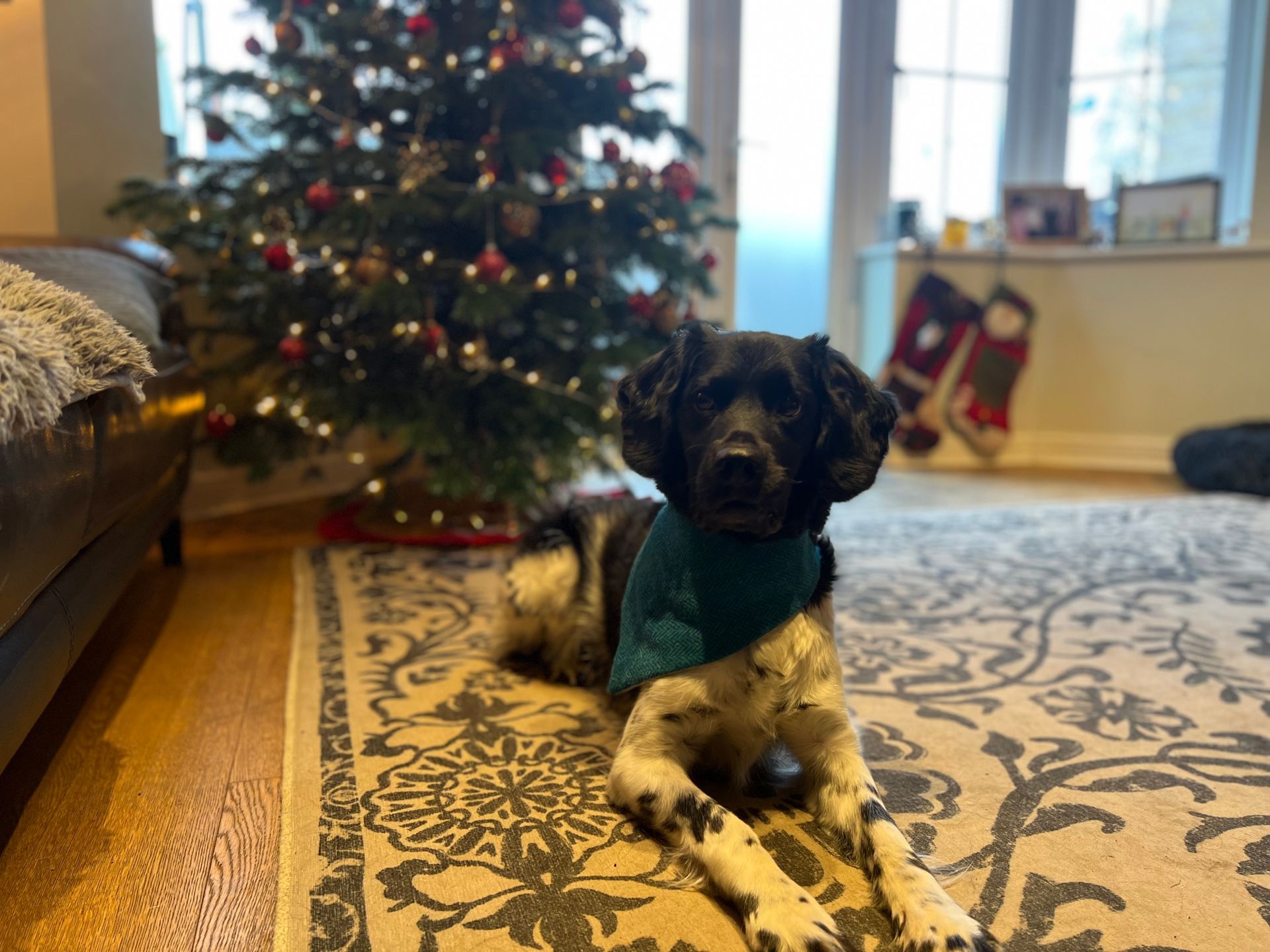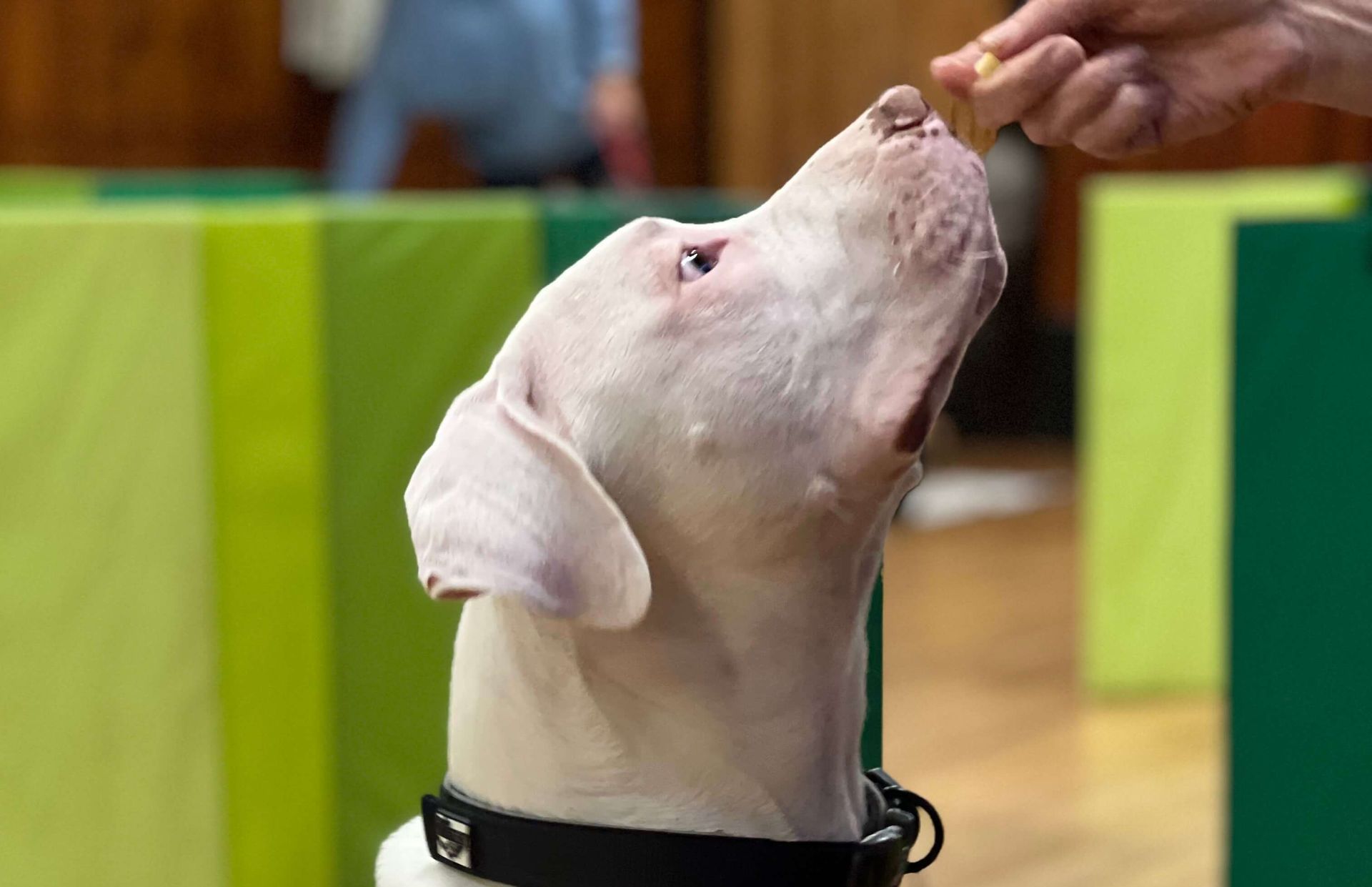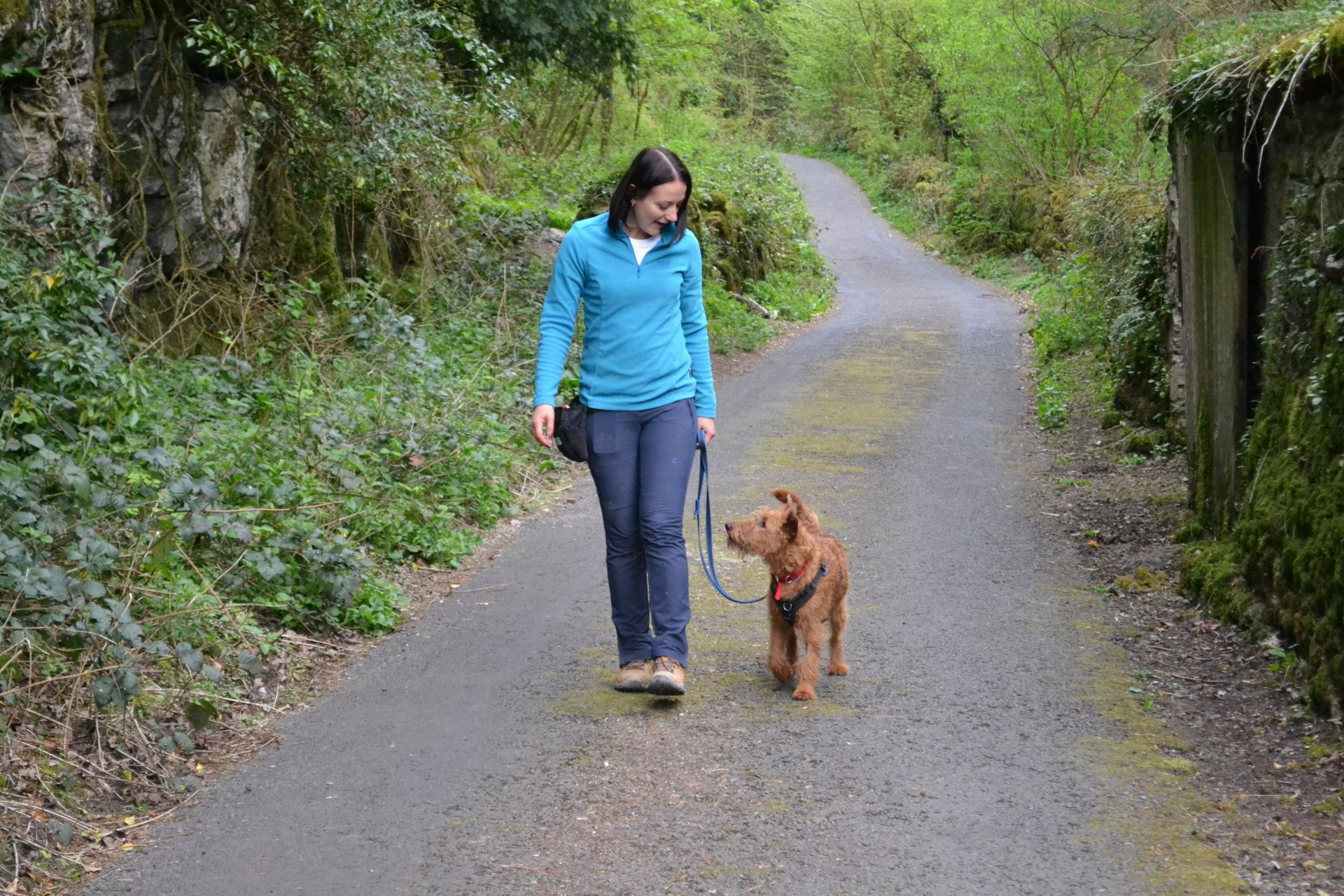
Raising a Well-Behaved Puppy: What Every New Dog Owner Should Know
- by Tash Clark
- •
- 22 Nov, 2024
- •
Tips for raising a puppy for first time puppy owners
Common puppy problems and solutions.
New puppy training tips

Raising a Well-Behaved Puppy: What Every New Dog Owner Should Know
Bringing home a puppy is a rollercoaster of excitement, love, and moments of chaos. Those wagging tails and floppy ears make it all worth it, but if you’re not careful, those innocent antics can quickly develop into habits that aren’t so cute in six months’ time.
As someone who has raised two of my dogs from puppies, bred a litter, and works as a behaviourist, I’ve seen both ends of the spectrum: well-prepared puppy owners who thrive and those who struggle because small issues were overlooked early on. The good news is that a little knowledge and proactive training can make all the difference.
Puppies Are Always Learning: What Are You Teaching Them?
From the moment you bring your puppy home, they’re learning—whether you’re actively teaching them or not. Every interaction shapes their understanding of the world. For instance:
Jumping up for attention? - Your puppy might learn that this is the way to get noticed.
Nibbling on your hands during play? They start to think hands are chew toys (even if you shout ouch, this might get them to think that you squeak too!).
Exploring the bin? - They might decide it’s a treasure trove of delights.
It’s easy to accidentally reinforce these behaviours if you’re not careful. The key is to redirect their energy and enthusiasm into the behaviours you *do* want to see, like sitting calmly for attention or chewing on appropriate toys.
Common Challenges (and How to Overcome Them)
Here’s a closer look at some of the most common puppy problems and practical steps to address them:
1. Puppy Biting: Nipping It in the Bud (pun intended).
Puppy biting is natural—after all, it’s how they explore the world and soothe their teething gums. But it’s not something you want them carrying into adulthood!
What to do:
- Preemptively offer a long toy (store-bought or DIY) before biting starts. Toys that can be animated along the floor and kept away from your hands are ideal. Think fleece tug toys or stuffed socks on a string.
- If your puppy starts to bite, redirect them immediately to the toy. Encourage them to chew the toy instead of your fingers.
- If they continue to bite, calmly remove your attention. Stand up, cross your arms, and turn away. Resume interaction only when they’re calm.
- Never use your hands as toys. Wrestling or play-fighting with your hands might teach them that it’s okay to bite skin.
2. Early Socialisation: Building Confidence Without Overwhelming
Socialisation is about more than meeting other dogs. It’s about exposing your puppy to a variety of sights, sounds, environments, and people in a way that builds their confidence.
What to do:
- Introduce your puppy to new experiences gradually. Start with quieter environments and work up to busier ones.
- Pair potentially scary things, like loud noises or new people, with something your puppy loves—like tasty treats or a fun toy. For example, when your puppy hears a vacuum cleaner, offer a treat to create a positive association.
- Teach your puppy to focus on you in stimulating environments by rewarding them for checking in or making eye contact. This builds trust and helps them navigate the world confidently.
3. Preventing Resource Guarding: Building Trust
Many guardians unknowingly encourage resource guarding by taking things away from their puppy. Imagine if someone kept snatching your snacks away—you’d guard them too!
What to do:
- Teach your puppy that giving up items leads to a reward. Start by approaching them while they chew on something and tossing a high-value treat nearby. Over time, they’ll associate your approach with good things.
- Practise swapping low-value items (like a boring toy) for something better (like a chew or treat). Say, “Drop,” offer the swap, and then return the original item after a few seconds.
Why Puppy Classes Are a Game-Changer:
While you can (and should!) teach your puppy skills like “sit” and “down” at home, there’s something uniquely valuable about attending puppy classes.
In a controlled environment with other puppies, your puppy learns to focus on you despite distractions. This helps build reliability in real-world settings where distractions are inevitable, like parks or cafés.
Plus, having an experienced instructor on hand means someone is watching for behaviours you might miss. For example:
- Is your puppy playing nicely with others, or are they overwhelmed?
- Are they starting to show subtle signs of resource guarding?
- Are they responding appropriately to your cues, or are there gaps in communication?
These insights are invaluable and can help you adjust your approach before small issues become big problems.
Real-Life Examples of Puppy Success
Here are a few scenarios I’ve encountered with clients, and how simple adjustments turned things around:
Shy Around Hands: A puppy who flinched when hands reached toward her was likely overwhelmed. To help, I advised pairing touch with a reward. Every time someone extended a hand toward her, they offered a small treat. Over time, she began associating hands with positive outcomes.
Growling Over Chews: An early sign of resource guarding, this was addressed by tossing high-value treats each time someone approached the puppy with a chew. Gradually, the puppy started looking forward to people approaching.
Crying at Night: A puppy left to “cry it out” in the utility room was moved into a crate next to the guardian’s bed. This allowed them to reassure the puppy and take them out for toilet breaks when needed. Once the puppy was sleeping through the night, they gradually transitioned him back to the utility room.
How Foundations in Puppyhood Prevent Future Issues:
As a behaviourist, I see older dogs with challenges like reactivity, separation anxiety, and resource guarding. So often, these issues could have been avoided with the right foundations in puppyhood. Simple actions—like pairing new experiences with positive associations, teaching trust, and building focus—create a ripple effect that lasts a lifetime.
Join Us for Puppy Classes in Berkshire and Oxfordshire:
Raising a puppy doesn’t have to be overwhelming. Our puppy classes provide hands-on guidance, real-world practice, and personalised advice to set you and your puppy up for success. Whether you’re working on socialisation, polite greetings, or lead walking, we’ve got you covered.
If you’re in Berkshire, Oxfordshire, or nearby areas like Reading, Henley, Caversham, Burghfield Common, or Mortimer, we’d love to welcome you to our classes.
And remember, if you’re facing challenges with an older dog, I also offer behaviour support to help resolve those issues.
Ready to start your puppy training journey? Contact us today, or share this blog with a fellow puppy owner who could use some support!

Dog behaviour consultations and training are provided by Dogs be Dogs, a trading name of N V Clark Limited, registered in England no. 10730091
Registered office: Rosemary Cottage, Palmers Lane, Burghfield Common, RG7 3DU
Group class services are provided by Dogs be Dogs Limited, registered in England no. 13240349
Registered office: Rosemary Cottage, Palmers Lane, Burghfield Common, RG7 3DU
Please note, this address is NOT our training venue, but the registered business mailing address only.

